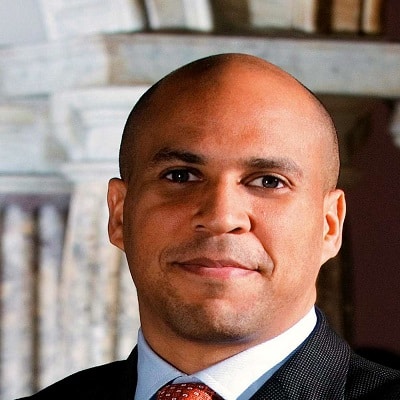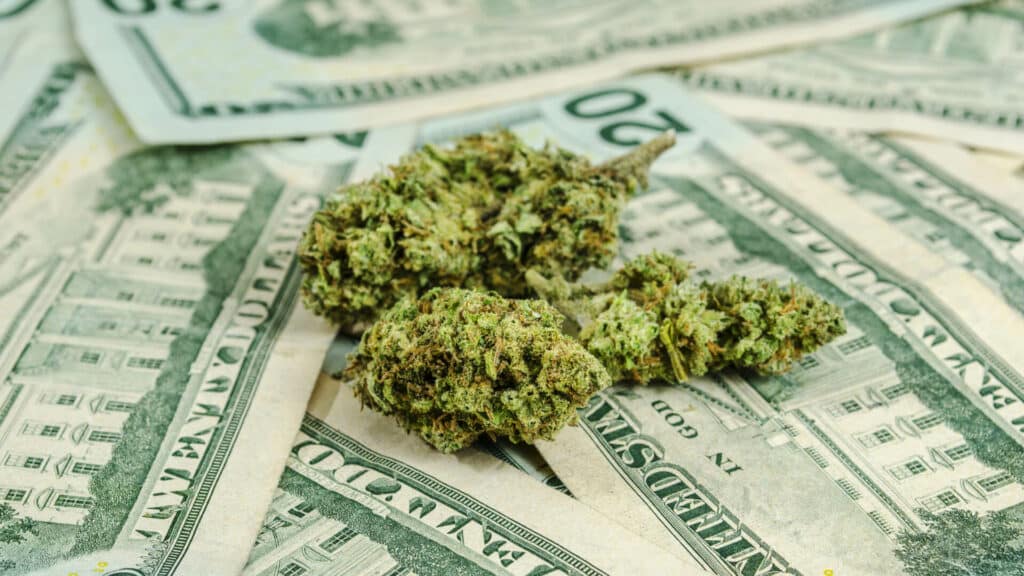The federal ban of marijuana may finally come to an end thanks to a bill submitted by New Jersey Senator,Corey Booker. The bill would deschedule marijuana with The Marijuana Justice Act, legislation that seeks to end the prohibition of the plant. If passed, the bill could potentially have far-reaching effects on both individuals and the government such as preventing deportations and creating a ” Community Reinvestment Fund ” of $500 million to invest in communities most impacted by the war on drugs,
For individuals, it could mean law enforcement spending less time and resources on raids and possession charges. For governments, it could mean more tax revenue. Another huge benefit would be the breakdown of federal barriers for cannabis research allowing for the investigation into cannabis as another option to treat pain, which would help end the opiate epidemic in America.
The Drug Policy Alliance breaks it down:
- Remove marijuana from the Controlled Substances Act, ending federal prohibition of marijuana
- Cut federal funding for state law enforcement and prison construction if a state disproportionately arrests and/or incarcerates low-income individuals and/or people of color for marijuana offenses
- Allow entities to sue states that disproportionately arrest and/or incarcerate low-income individuals and/or people of color for marijuana offenses
- Prevent deportations of individuals for marijuana offenses
- Provide for a process of expungement for marijuana offenses at the federal level
- Provide for a process of resentencing for marijuana offenses at the federal level
- Create a “Community Reinvestment Fund” of $500 million to invest in communities most impacted by the war on drugs, for programs such as job training, reentry, community centers, and more. Part of the funding will come from the aforementioned cuts to state law enforcement and prison construction.
In his announcement on Facebook live, Sen. Booker highlighted the positive effects of cannabis reform in the states with legal marijuana markets.
“They’re seeing increases in revenue to their states. “They’re seeing their police forces being able to focus on serious crime. They’re seeing positive things come out of that experience,” said Sen. Booker.
His bill comes on the heels of his denouncement of the hundreds of thousands of dollars in campaign contributions he received from Big Pharma companies.
The Hill reports that Booker received $328,000 in donations from the “Pharmaceuticals / Health Products” industries in 2014, the highest of any Senate Democrat running that year, according to the Center for Responsive Politics.
Once well-known for lining his pockets is Big PHARMA money, he told NPR in an interview that the pause in accepting their money “was necessary due to public criticism”.
“Well, we put a pause on even receiving contributions from pharma companies because it arouses so much criticism and just stopped taking it,” Booker told NPR’s Rachel Martin.
Last month, Sen. Booker took his ‘pause’ comment a step further with a promise to never take donations from pharmaceutical companies and executives because “they became a distraction from his efforts to bring down prescription drug costs.”
It’s not a guarantee that the bill would deschedule marijuana with the Marijuana Justice Act . It’ll be an uphill climb for the pro-pot bill in a Senate and Congress that’s controlled by a Republican majority. Republican President Donald Trump and his Department of Justice, led by Attorney General Jeff Sessions aren’t likely supporters either.
If the bill does pass America could be joining its northern neighbor, Canada, with nationwide legalization.




